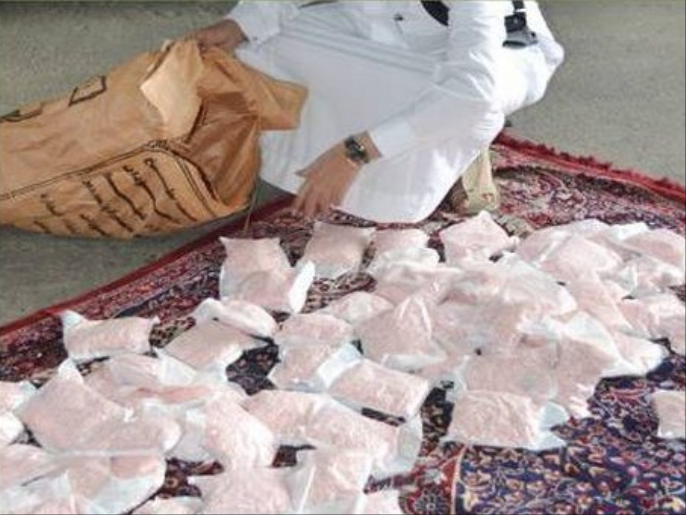A
report
published by the British "The Economist" website
says
that Syria has turned into a drug state whose main export is Captagon tablets, and the internal use of these tablets has spread widely and is causing harm to young people.
The report indicated that Captagon has become a blessing for Syrian President Bashar al-Assad, at least in the short term, and his country has become the world's largest promoter of its use.
He adds that with the collapse of the official economy under the weight of war, sanctions and the repressive rule of the Assad family, drugs have become Syria's main export and source of hard currency, noting that the Center for Operations Analysis and Research (COAR) - a Cyprus-based consultancy - reported that authorities elsewhere confiscated the year Al-Madhi is Syrian drugs worth at least $3.4 billion, compared to the largest legal export to Syria, which is olive oil, which is worth about $122 million a year.
Officers give it to their soldiers
The site indicated that Syria was involved in the production and sale of drugs in the nineties when it ruled Lebanon, and the Bekaa Valley was the main source of hashish in the region, but the massive production of drugs inside Syria did not start until after the outbreak of war in 2011, when officers began giving their soldiers Captagon tablets.
Shiite fighters from Afghanistan and Lebanon who came to support the Syrian regime brought their skills in the drug industry and trafficking.
The Lebanese Hezbollah, which provided decisive support to the Assad regime, acquired vast areas across the border in the Syrian Qalamoun Mountains, expanded the cultivation of cannabis and developed a new cottage industry for the production of Captagon, according to the report.
According to the report, Syria began exporting Captagon around 2013, coinciding with the shrinking of its official economy due to the war, economic sanctions and corruption within the regime.
And chemical plants in the cities of Aleppo and Homs were turned into factories for these tablets.
Fantastic profits
The report said that the profit margin from Captagon sales in the Gulf could be up to 50 times what they cost in Syria.
He added that police seizures of Captagon in foreign waters reveal the scale of this trade. Last year, Italian police seized 84 million pills worth more than one billion euros on a single ship, and it was later said that it was the largest interception of amphetamine-related drugs in the world.
And last May, the Malaysian authorities - based on a Saudi report - confiscated 95 million tablets, and the Libyan port of Benghazi - which is linked to a regular shipping route to Syria - is said to be a major commercial center.
The report warned that drugs may destroy the youth who remained inside Syria after a decade of civil war, noting that young people who were not killed, exiled, imprisoned, or left the country became addicted.

